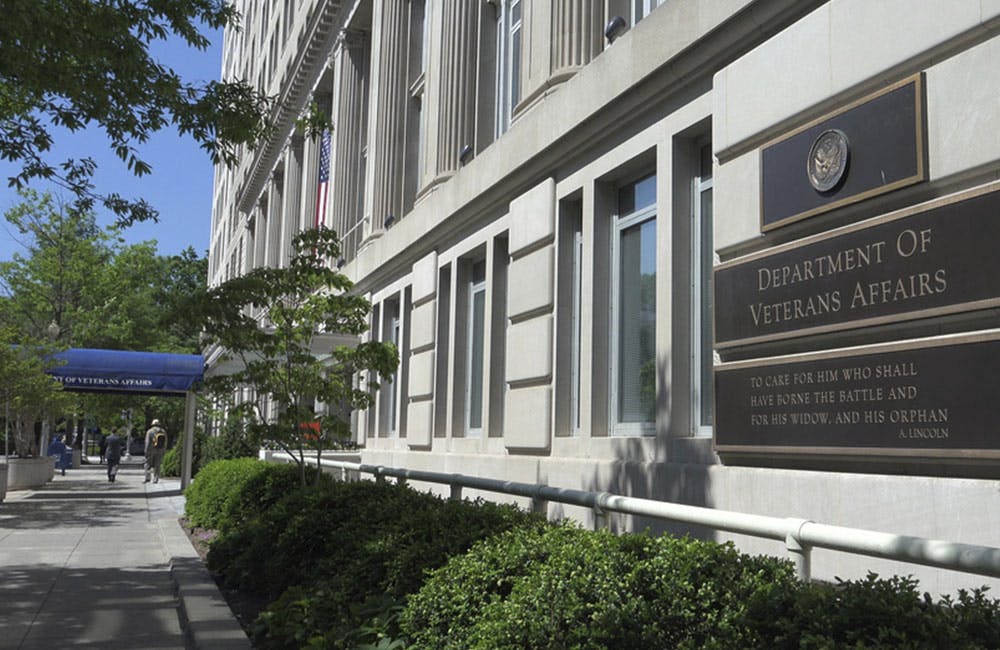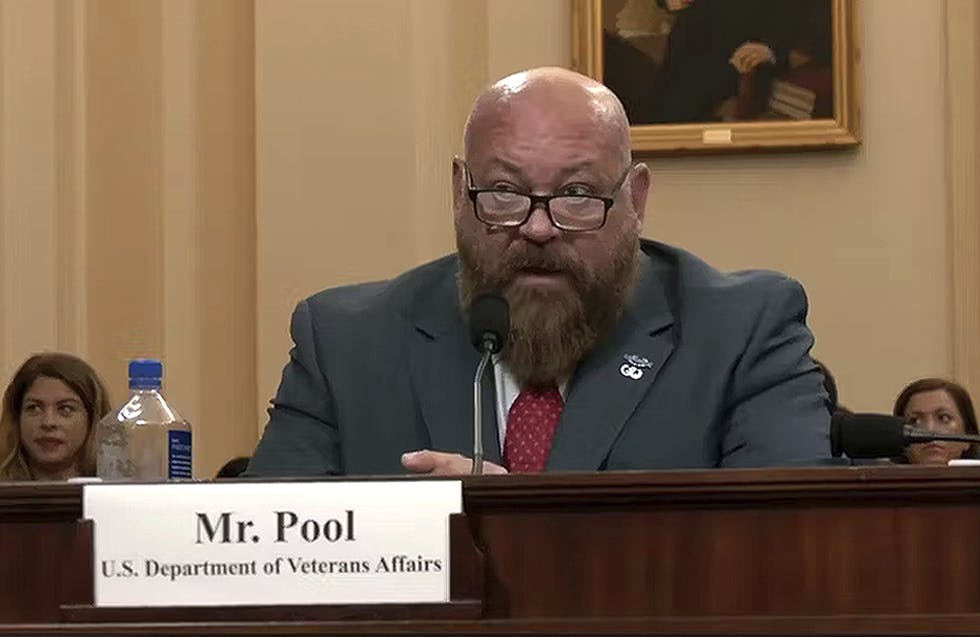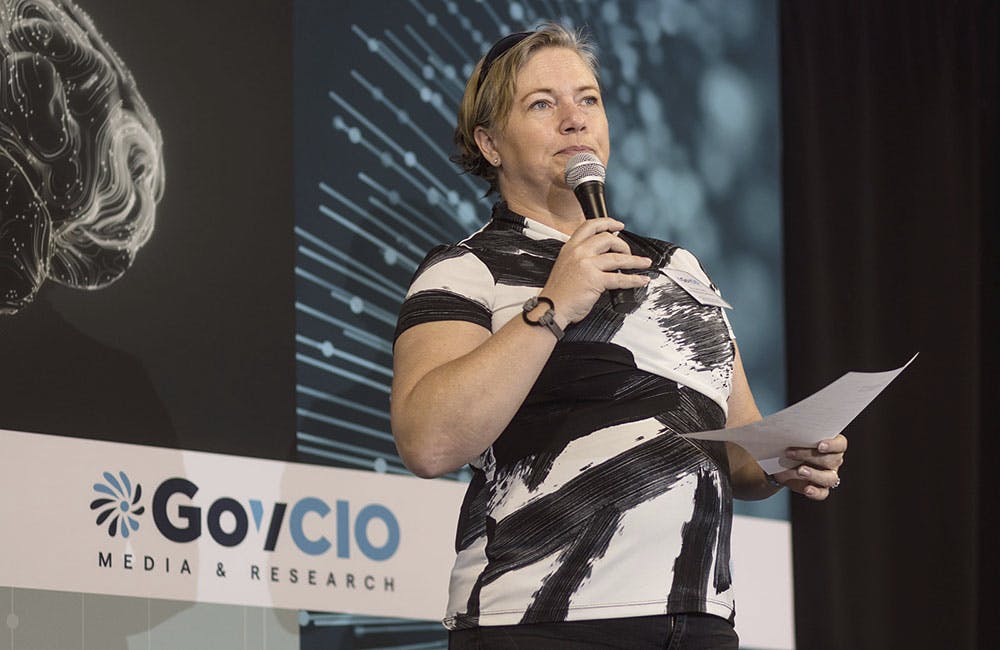Congresswoman Aims to Support Underserved Area in AI Research
The House Subcommittee on Research & Technology advocates for increased funding around AI, data analytics and robotics.

A “whole-of-government” approach in artificial intelligence research is key to ultimately driving innovation across government services and solutions, Rep. Haley Stevens said during AI Gov Thursday.
Stevens, who chairs the House Subcommittee on Research and Technology, noted how recent government investments in infrastructure and basic technologies are leading to public and privates efforts around AI.
“Our whole-of-government approach is to invest in emerging technologies, which is essential to competitiveness as a nation,” Stevens said.
Stevens noted that there is cross-functionality with Manufacturing USA, a network of research institutes in the U.S. that manufacture technologies through public-private partnerships, to meet the research needs of the industry.
“We don’t want to be siloed in terms of our approach. These institutes are not exclusive to departments or agencies to support innovation,” Stevens said. Stevens served in the Obama administration as the chief of staff to the U.S. Auto Rescue Task Force, which was responsible for saving General Motors Chrysler and 200,000 Michigan jobs.
With cybersecurity essential in mitigating foreign interference, disruption and espionage across the supply chain, Stevens also advocated for certifications with suppliers.
“We also have to have restrictions. It can’t just be a free-for-all. This is tricky in a flat world. You will see things, rightly placed, in different segments in the Department of Defense to add protection. You will also see this in procurement as well,” she said.
Human capital will also impact security. The capital base must be qualified to assist with cybersecurity maintenance, set up and development.
“We have to vet, particularly, individuals that are coming from overseas, that might not have the best intentions and purposes,” Stevens said. “Not all the global actors have our best interests in mind, and we have to take that seriously.”
Stevens addressed training, workforce development and education across STEM programs, noting that robotics teams have driven data analytics, negotiation and diplomacy, robot development and testing, which are supported by local manufacturers that are in partnerships with schools. Manufacturers have provided training and team support to drive career pathways.
“Robotics is really one to look out for. It’s enormous, it’s very impactful, and I want to see everyone get involved,” she said.
Stevens noted that there are a lot of expenditures across the Department of Labor and the National Science Foundation to drive early childhood education across STEM. Additionally, Congress looks to analyze gender gaps across workforce training and career paths. The National Association of Manufacturers has supported events and initiatives to help students learn more about their career paths.
With the new administration, Stevens’ priorities include those around near-term applicability of AI systems.
“There is fantastic innovation happening in the electric vehicle space, along with autonomous vehicles. We are at a truly transformative moment, when it comes to the R&D needs of industry and the application of that R&D,” she added.
Digital mechanisms have enabled industry to train its workforce. Moving into R&D solutions, machine learning, data analytics and quantum will become strong focal points in enabling efficiency, she said.
In addition, Stevens noted that there will be greater development in privacy-enhancing technologies.
“There’s friction in industry as it pertains to data collection, but there’s a lack of consumer awareness when it comes to the use of their personal data,” she said.
Rep. Stevens added that Congress will look into the supply chain infrastructure to ensure that the nation can manufacture essential products. “We’re looking at ways to reshape federal procurement so we aren’t skipping over ‘making American,’” she said.
This is a carousel with manually rotating slides. Use Next and Previous buttons to navigate or jump to a slide with the slide dots
-

NSF Wants Industry Driving Quantum Innovation
The agency is pushing for partnerships to enhance the research community as Congress weighs additional legislation.
3m read -

White House Science Chief: US-Driven AI Sets Global Standards
Michael Kratsios outlined how American AI technology on the global stage will help standardize the tech and counter China’s influence.
5m read -

Modernizing Critical Infrastructure in the Face of Global Threats
Officials are expanding the latest strategies in boosting defense infrastructure, including securing satellite communications, upgrading enterprise-wide technology, optimizing data management.
20m watch -

Trump AI Orders Call for Speed in Building Infrastructure
The directives call for expanding AI infrastructure, streamlining federal permitting and promoting AI exports.
4m read -

DOD Accelerates Software Modernization with Agile DevSecOps Push
The Pentagon's software implementation plan tackles cultural hurdles and integrates security early to deliver critical capabilities faster.
6m read -

White House Unveils AI Action Plan to Secure Global Dominance
The strategy outlines steps to accelerate private sector innovation, build critical infrastructure and advance U.S. leadership in AI policy and security.
3m read -

VA's Platform One Powers Rapid Innovation to Bolster Digital Services
VA's Platform One accelerates software development timelines from weeks to hours, ultimately enhancing digital services for veterans.
5m read -

Federal Leaders Receive Federal IT Efficiency Flywheel Awards from GovCIO Media & Research
Five federal IT leaders received Flywheel Awards for driving innovation and modernizing technology at the Federal IT Efficiency Summit.
5m read -

Doing More with Less is Muscle Memory for IRS, Former Deputy CIO Says
Darnita Trower discusses her experience, the legacy she’s left behind and how she pushed the IRS to modernize itself,
20m watch -

Opinion: Original Intelligence Is the Missing Piece for AI Transformation
Limitations of AI agents and development drive growing needs for workforce development and "original intelligence."
3m read -

VA CIO Targets Modern IT and Smarter Workforce Alignment
Agency leaders told lawmakers they are focused on trimming legacy systems and restructuring its workforce to streamline operations.
3m read -

Pentagon's $200M AI Contracts Signal Broader Effort to Transform Talent
The Army is leveraging Silicon Valley, reservist programs and new hiring strategies to integrate critical digital skills in its ranks.
5m read
















